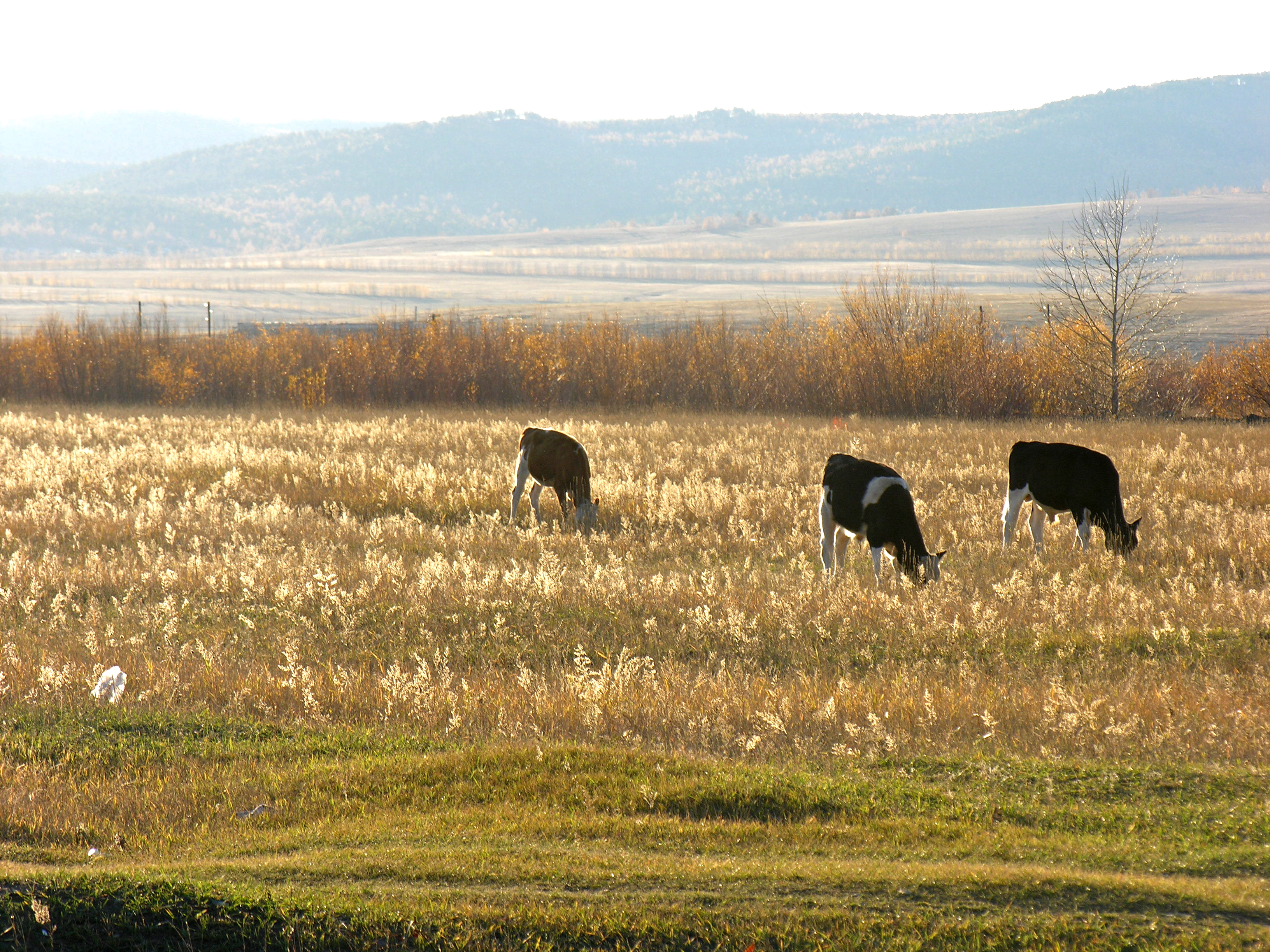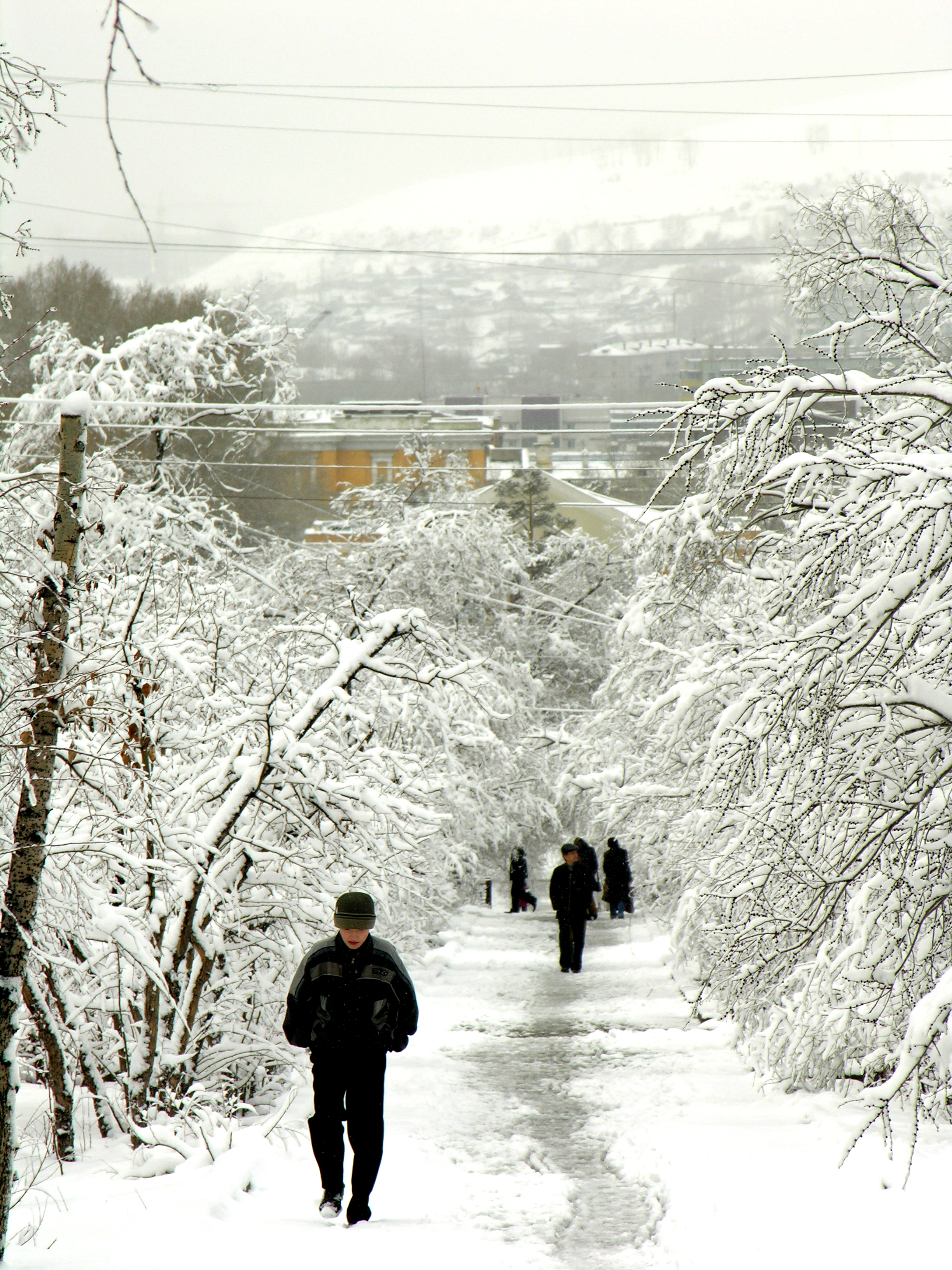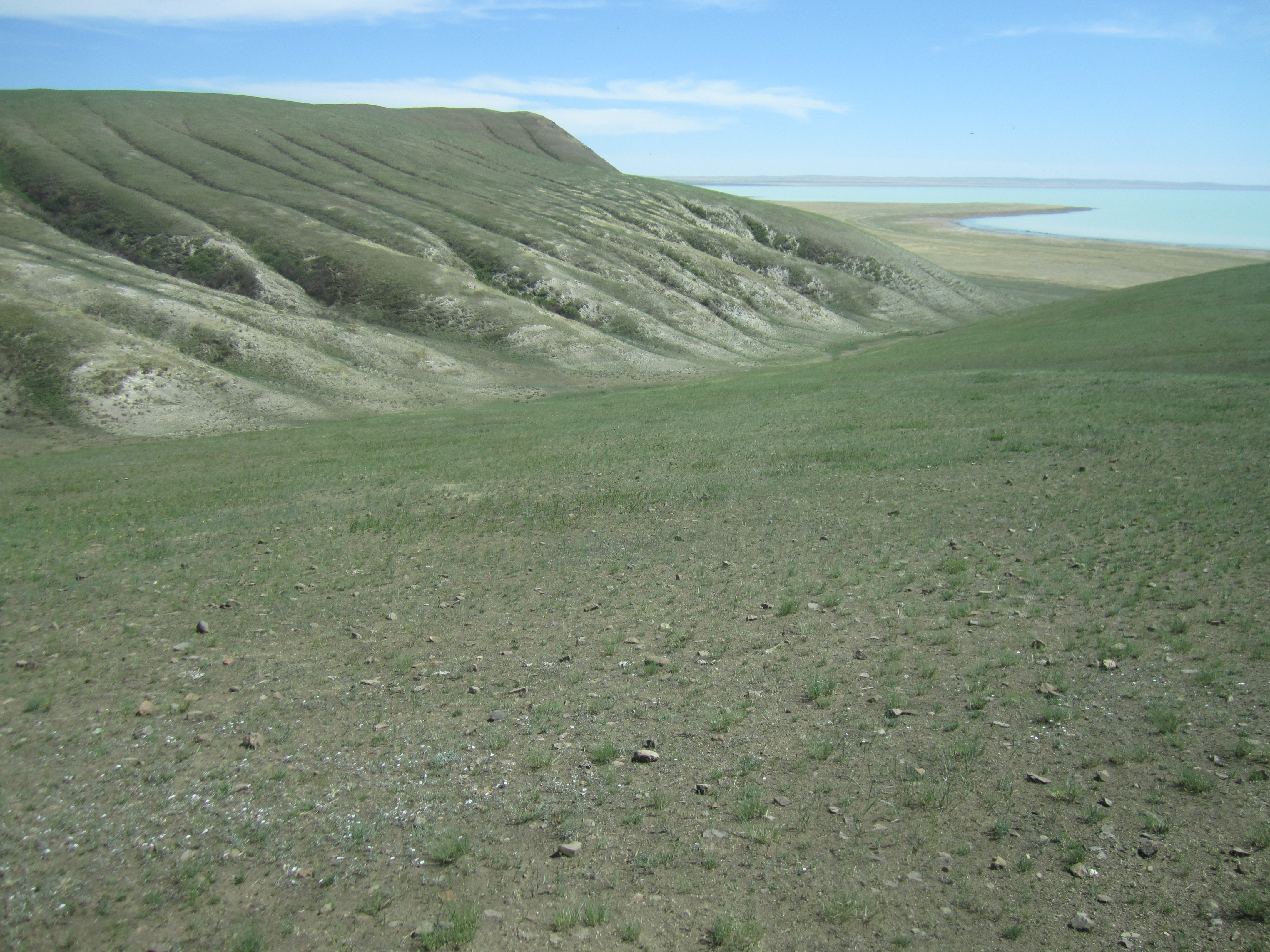Siberian Bridges’ activities are primarily focused on the city of Chita and surrounding Eastern Siberian region of Zabaikalye. Zabaikalye literally means “beyond the Baikal’ (Lake Baikal). This remote and fascinating land lies 4000 miles east of Moscow. It is much closer to China, North Korea, and Mongolia — with which it shares borders — than to Europe.
Zabaikalye is an ethnically diverse and historically rich region. Among its inhabitants are Buddhist Buryats and Mongols, the indigenous Evenk population whose ancestors were nomadic reindeer herders; remnants of a vibrant pre-Revolutionary Jewish community, as well as Russians — including sectarian ‘Old Believers’ who broke away from the Russian Orthodox Church in the 17th century. Before the founding of Chita in 1653, the region was better known as the birthplace of Chinggis Khan. It is also famous as the place of exile for Russia’s nineteenth century “Decembrist” revolutionaries, a prison of the last Chinese Emperor and the site of world-renowned Buddhist monasteries (Datsan), which still function today.
Situated on the Trans-Siberian Railway, Chita became a booming international trading center in the last decades before the Russian Revolution. During the Soviet period however, it became a ‘closed’ city and the region had little contact with the outside world from the 1920s until 1988. This provided the benefit of preserving the region’s rich ecological diversity, some of which is now protected and studied in a number of magnificent nature preserves.

The human population of Zabaikal has not fared as well. With its military and factory-based economy, the Zabaikal region has suffered serious economic difficulties in the post-Soviet period — currently, its economic ranking is 87th out of all 88 Russian provinces. Many families, despite adults working 2 or 3 jobs, live below the official Russian poverty line.

Awesome website about Nature in Zabaikalye (Note there is a link on top to translate to English)
